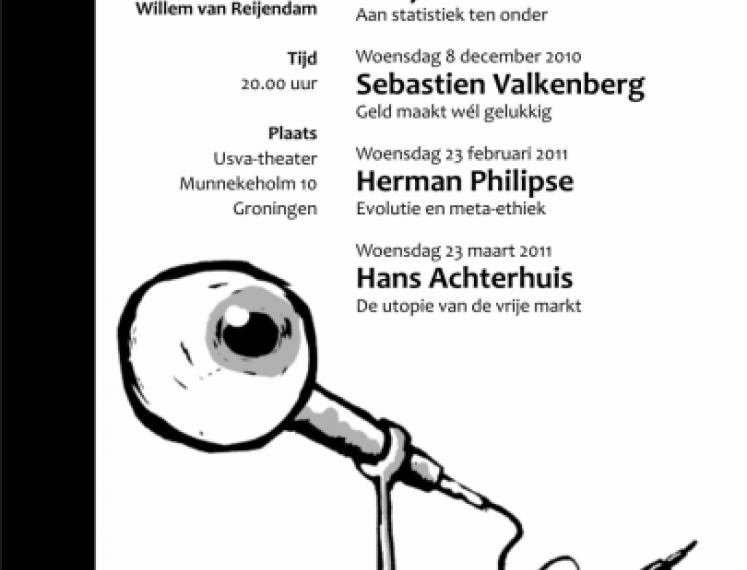Darfur. Who Cares?
The Asian tsunami made us almost forget that more crises round the world deserve our attention. The Darfur region for exemple is far from safe and still the lives of many people are in danger. Since February 2003, the West Sudanese Darfur region is the battlefield of a conflict between armed rebellious groups and the government army together with Arab militia’s. Many severe atrocities and violations of human rights take place. The United Nations estimate that the conflict has caused the death of approximately 50.000 people and that another one and a half million had to flee their villages and houses.
The causes of the conflict are many. Since the early 1980s, Darfur’s peaceful equilibrium between its ethnic groups has been destroyed by environmental degradation, coupled with the divide-and-rule-tactics of the central Khartoum government and the influx of modern weaponry. However complex the causes, there is no time to lose to fight the humanitarian consequences of the Darfur conflict.
“When we had to flee, we had to run for a long time” Fatma says. “I had my son, Hamza, tied on my back, he was only two years old. I could not breastfeed him anymore. Eventually, he must have died of exhaustion. I don’t know where and how it happened, but when we arrived in the village and I unwrapped him, he was dead.” Fatma is a 30 year old woman from Korola. Her village is attacked by an Arab militia. “They hit people and shot men to death. Young women were raped in front of everybody.”
Studium Generale and COS Groningen have invited two experts on Darfur to discuss the background of the Darfur conflict and the international community’s reponses and the humanitarian concequences.
The lectures will be held by prof.dr Jon Abbink of the African Studies Centre of Leiden University, and by Florence Aate Andrew chairperson of the Southern Sudanese Women Organisation in the Netherlands (SSWAN) and of the Sudanese Orphans Support Trust.


